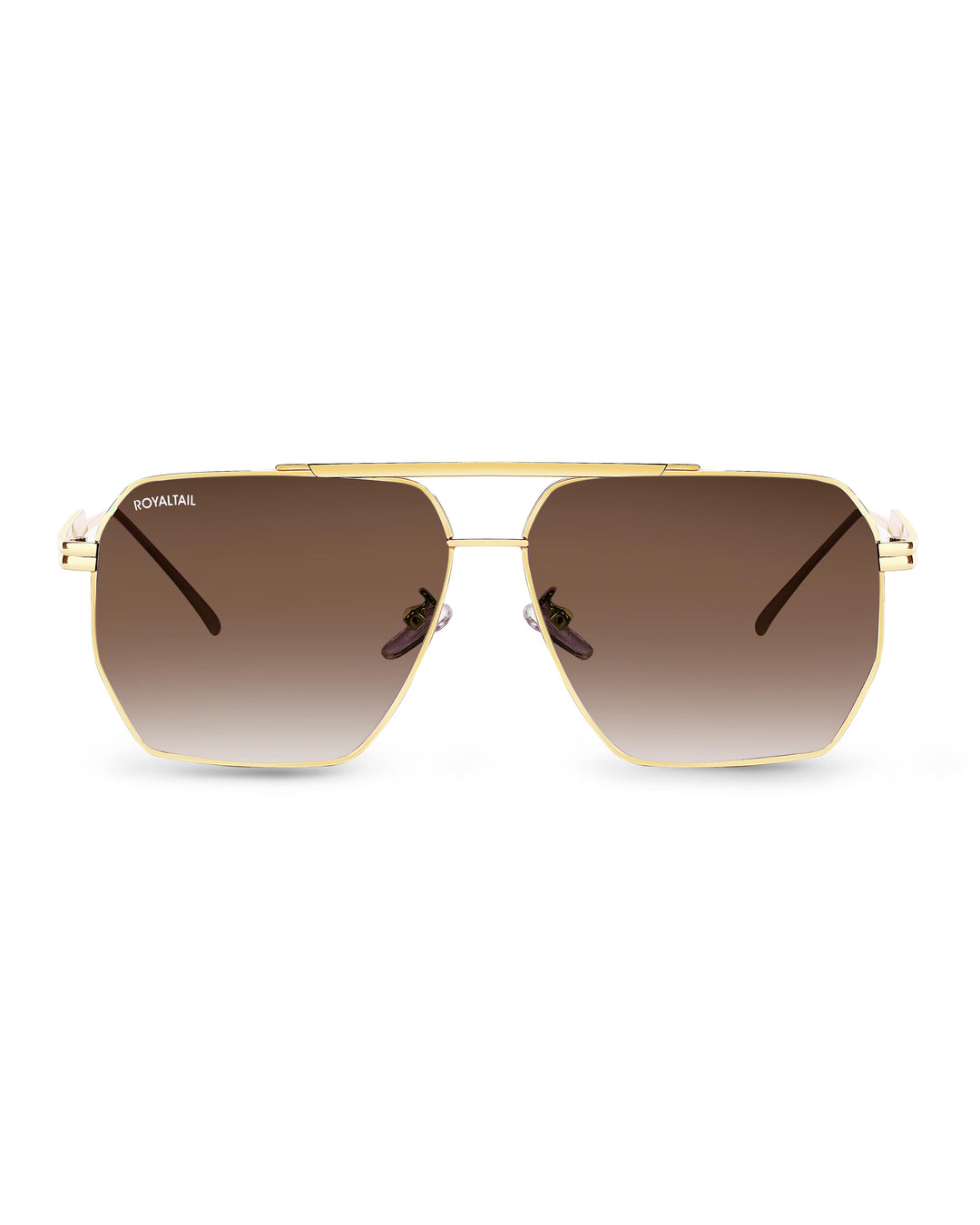
When it comes to choosing the perfect pair of sunglasses, the decision often goes beyond style. One of the most important factors to consider is whether to opt for polarized or non-polarized lenses. At ROYALTAIL, we believe in empowering our customers with the knowledge to make informed choices. In this guide, we’ll break down everything you need to know about polarized vs. non-polarized sunglasses and help you determine which is right for your needs.
What Are Polarized Sunglasses?
Polarized sunglasses are equipped with a special chemical film that reduces glare by blocking reflected light. This is especially helpful when sunlight bounces off flat surfaces such as water, snow, or pavement. By filtering this light, polarized lenses enhance visual clarity and comfort.
What Are Non-Polarized Sunglasses?
Non-polarized sunglasses simply reduce the intensity of all light. While they also offer UV protection, they do not filter out horizontal glare like polarized lenses. This makes them suitable for general sun protection but less effective in high-glare situations.
Key Differences Between Polarized and Non-Polarized Sunglasses
| Feature | Polarized Sunglasses | Non-Polarized Sunglasses |
|---|---|---|
| Glare Reduction | Excellent | Moderate |
| UV Protection | Yes (usually 100%) | Yes (depends on quality) |
| Visibility in Water | Enhanced | Regular |
| LCD Screen Visibility | Can be distorted | Clear |
| Price Range | Generally higher | More budget-friendly |
When to Choose Polarized Sunglasses
Polarized sunglasses are perfect for:
-
Driving: They reduce glare from car hoods and roads, making for a safer driving experience.
-
Fishing and Boating: They eliminate reflections on the water, helping you see beneath the surface.
-
Snow Sports: They protect your eyes from harsh light reflected off the snow.
-
Outdoor Activities: Ideal for hiking, cycling, or any activity in bright sunlight.
ROYALTAIL Tip: Try our “Polarized Vision” series, built with advanced anti-glare lenses and 100% UVA/UVB protection for premium clarity.
When to Choose Non-Polarized Sunglasses
Non-polarized sunglasses may be better if:
-
You frequently look at digital or LCD screens (e.g., pilots, photographers).
-
You want general sun protection without the higher cost.
-
You are wearing them in lower-glare environments or mainly for fashion.
ROYALTAIL Suggests: Explore our “Urban Shade” collection, featuring chic designs with full UV protection for everyday wear.
Pros and Cons at a Glance
Polarized Sunglasses
Pros:
-
Superior glare reduction
-
Improved contrast and clarity
-
Great for outdoor and water activities
Cons:
-
More expensive
-
May distort digital screens
-
Limited indoor use
Non-Polarized Sunglasses
Pros:
-
More affordable
-
Better visibility of digital displays
-
Excellent fashion flexibility
Cons:
-
Less effective in reducing glare
-
Can cause eye fatigue in extremely bright conditions
How to Tell if Your Lenses Are Polarized
A simple test to determine if your sunglasses are polarized:
-
Hold your sunglasses in front of a digital screen.
-
Rotate them slowly.
-
If the lenses are polarized, you’ll notice the screen darkens or changes color at certain angles.
Alternatively, check the lens label or consult with your ROYALTAIL representative for verification.
Final Thoughts
Ultimately, the decision between polarized and non-polarized sunglasses depends on your lifestyle. If you spend a lot of time outdoors, drive frequently, or love water sports, polarized lenses are likely the better choice. However, for fashion-forward city life or screen-heavy tasks, non-polarized options provide the comfort and style you need.
At ROYALTAIL, we offer a premium range of both polarized and non-polarized sunglasses crafted to deliver style, protection, and functionality. Explore our collection today to find the perfect fit for your life in the sun.







